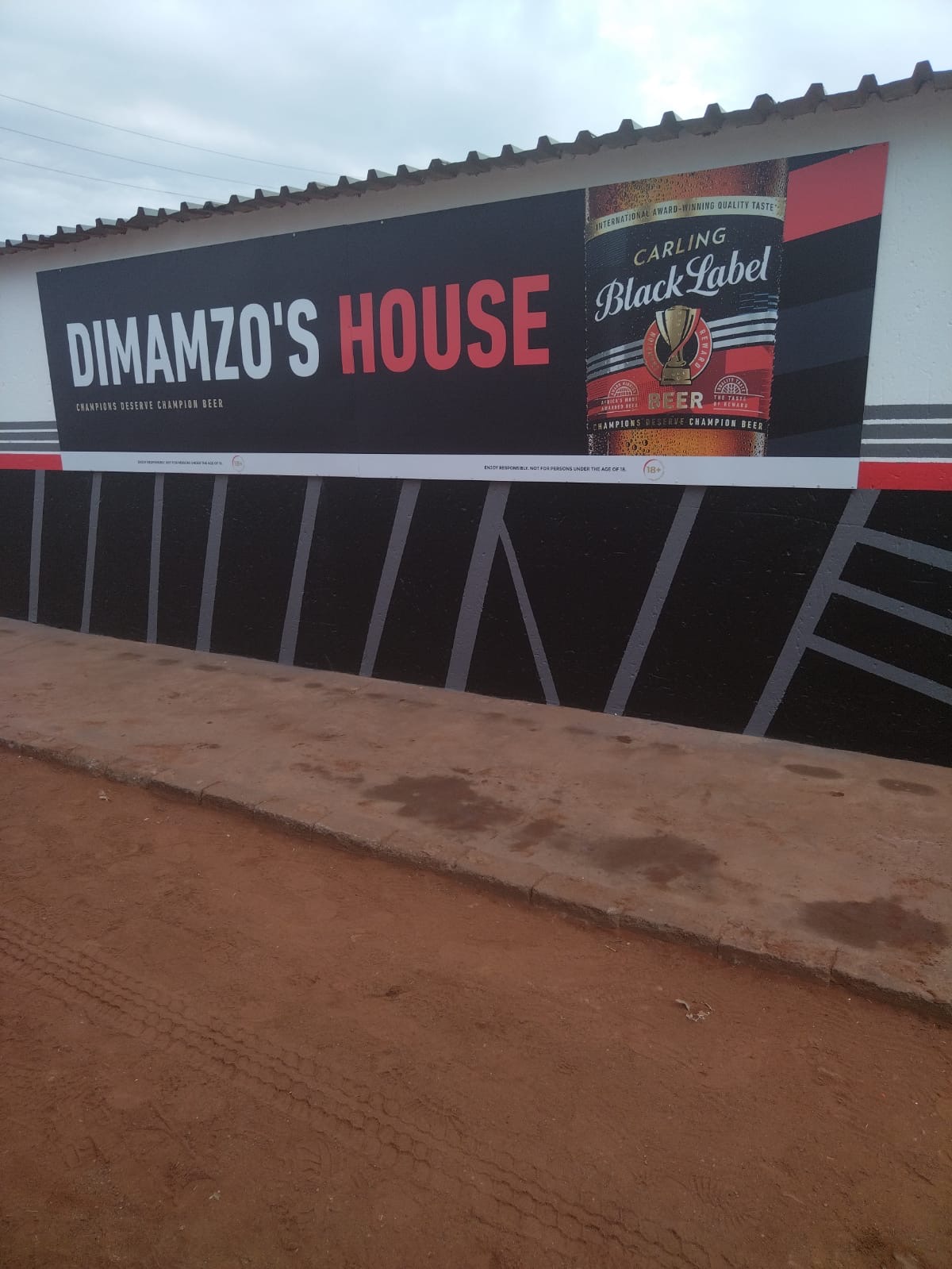The prevalence of binge drinking is a serious concern for the development of the youth in South Africa.
According to Aware.org, an organisation that promotes alcohol responsibility and education, alcohol addiction is still a widespread issue in the nation.
But Palesa Shezi, the 57-year-old owner of Dimamzo’s House in Protea Glen Extension 16, Soweto, declared that she supports moderation when it comes to alcohol consumption.

Shezi, a mother of four, claimed that she began her own business 16 years ago after quitting her job due to low pay.
Selling alcohol to children
“It has always been about making enough money to take care of my family and take my children to school,” said Shezi.
“So as a businesswoman and a mother, I do not sell alcohol to underage children because I would not like it if that happened to my children.”
She said she does not allow young people inside her establishment.
“Selling alcohol to our children would set them up for failure; we want them to have a bright future.
“The full authority of the law needs to be applied to anyone who distributes alcohol to minors.”
Shezi has five full-time employees who look after and support their families.
“This is a sustainable business; it has provided for many and built homes. I wish to grow in the business and get to the distribution side of things; that is less demanding.”
Stringent regulations
As for the National Liquor Traders Association, its convenor, Lucky Ntimane, said the group is working with the SAB to ensure a safe drinking environment.
The association is an advocacy group that represents township-based taverns and bottle stores across the country.
“Females over the age of 50 own 54% of shebeens and bars, and their primary goal is to support their families,” said Ntimane.
“The country’s regulations are quite stringent; the only areas where there are weaknesses are in the enforcement aspect, since there are only about 30 inspectors in Gauteng and over 10 000 traders to check.”
He asserted that there will always be those who prioritise their own financial gain over the wellbeing and lives of others.
“We will push for the government to invest some more in enforcing the rules by employing more inspectors,” he said.
Beer has a dynamic value chain, impacts many people, and is a driver of economic progress.
Championing responsibility
According to research done a few years ago, one out of every 66 employees is impacted by the industry, according to Zoleka Lisa, the vice-president of cooperative affairs at SAB.
By living, driving, speaking, and selling in a way that does not destroy lives, Lisa said they launched SAB’s Sharp initiative to champion responsibility in South African communities and increase awareness of SAB’s evidence-based responsible consumption.
“We collaborate closely with retailers, and they are aware that pregnant women, underage people, and those who are extremely intoxicated, are not eligible to purchase our products.
“We incentivise retailers who wish to grow their businesses, but we reserve the right to withhold our investment if they engage in unethical trading.”



